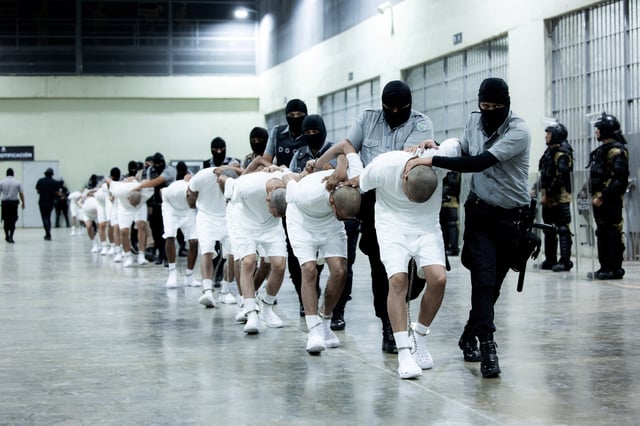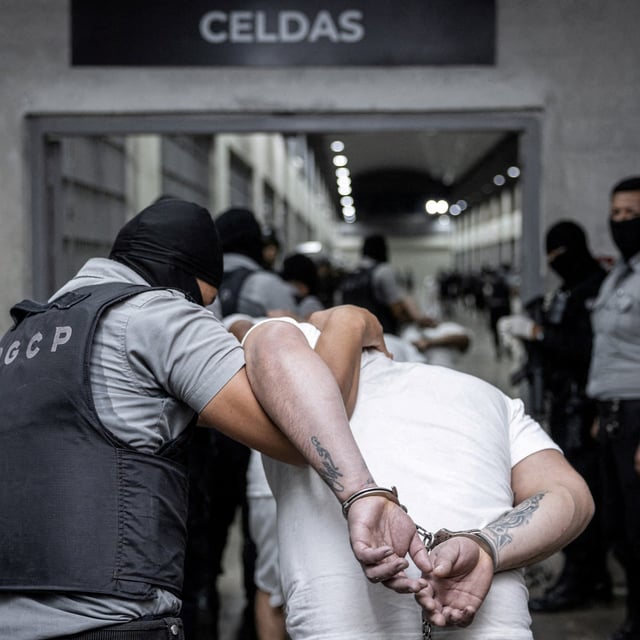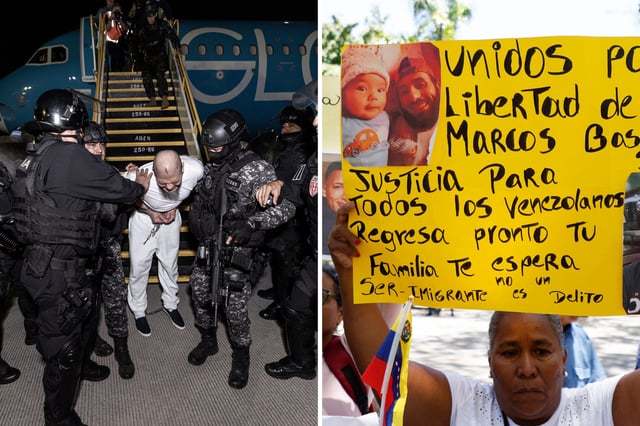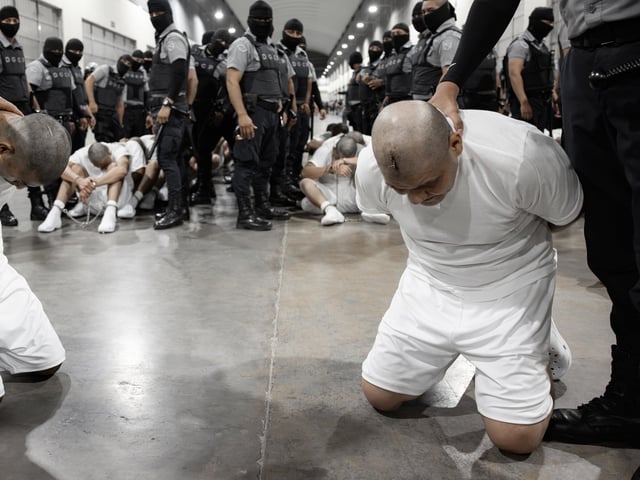Overview
- U.S. District Judge James Boasberg's restraining order remains in effect, blocking deportations under the Alien Enemies Act until individuals can contest gang affiliation allegations.
- The Trump administration deported over 200 Venezuelans to El Salvador despite the court's order, claiming national security concerns justify its actions.
- The Justice Department has invoked the state secrets privilege to withhold details about the deportation flights, arguing that disclosure could harm foreign relations.
- The D.C. Circuit Court of Appeals is deliberating whether to lift the restraining order, with a Supreme Court appeal likely regardless of the outcome.
- Critics, including Judge Patricia Millett, have raised concerns about the lack of due process, noting that even Nazis deported under the same law during WWII received more procedural protections.



